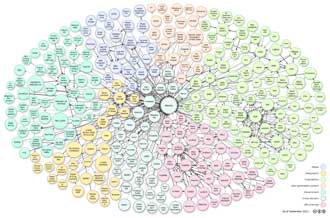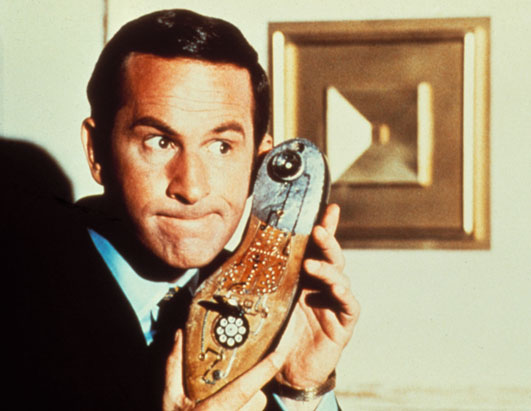Boffins have been cooking “certain substances” in their cauldrons and have come up with a way of turning cannabis into high-performance energy storage devices.
They “cooked” cannabis bark into carbon nanosheets and built supercapacitors “on a par with or better than graphene”.
We guess that it will be the first computer to run for several hours before insisting on a pizza and several boxes of pringles.
According to ASC Nano, which we get for the “Where is the green Nanowire” competition, Dr David Mitlin of Clarkson University, New York said that people were always asking him “why hemp” and his answer is “why not”.
He said he could dash off graphene-like materials for a thousandth of the price and we’re doing it with waste.
Now the hemp that he is growing is legal and is not the sort of stuff that gets you stoned. He said that there was absolutely no overlap in his recreational activities.
In countries including China, Canada and the UK, hemp can be grown industrially for clothing and building materials.
The only problem is that the leftover bast fibre – the inner bark – typically ends up as landfill.
Dr Mitlin’s team looked at the fibres and recycled them into supercapacitors that rely on sharp bursts of power. In electric cars, for example, supercapacitors are used for regenerative braking.
Graphene might be great for commercial supercapacitors, it is prohibitively expensive to produce and hemp based versions might be a lot more useful.
Mitlin’s team experimented with all flavours of biowaste – from peat moss to eggs. Most recently, they turned banana peel into batteries.
He said that with banana peels, you can turn them into a dense block of carbon – we call it pseudo-graphite – and that’s great for sodium ion batteries,” he explained.
“But if you look at hemp fibre its structure is the opposite – it makes sheets with high surface area – and that’s very conducive for super capacitors.”
Mitlin’s peer-reviewed journal paper ranks the device “on par with or better than commercial graphene-based devices”.
Hemp cannot do all the things graphene can, but for energy storage, it works just as well. And it costs a fraction of the price -$500-1,000 a tonne.”




















